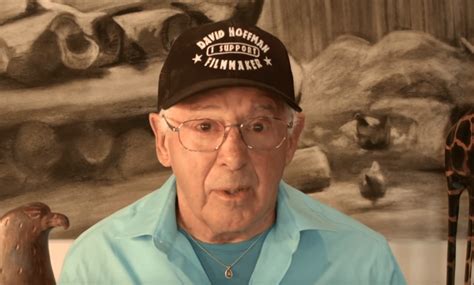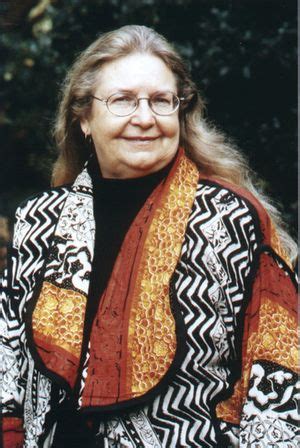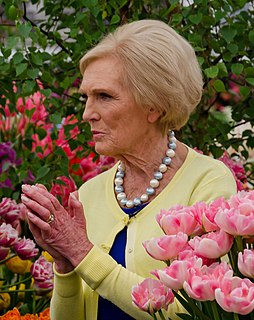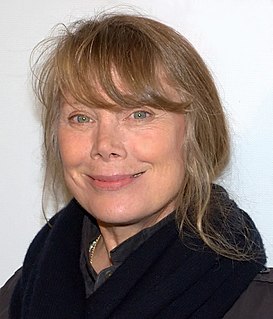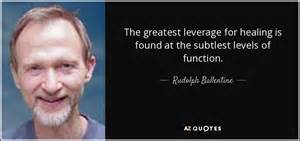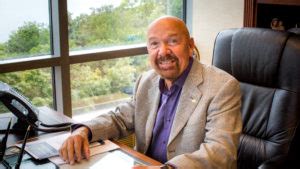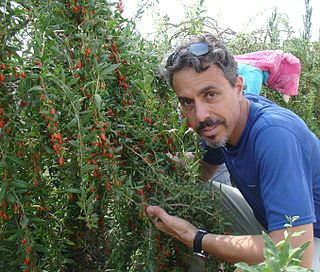A Quote by David Hoffman
With the growing recognition of the value of herbs, it is surely time to examine the professional therapeutic use of these herbs. There are profound changes happening in the American culture and herbal medicine, 'green medicine,' is playing an ever-increasing role in people's experience of this transformation.
Related Quotes
The scope of herbal medicine ranges from mild-acting plant medicines such as chamomile and peppermint, to very potent ones such as foxglove (from which the drug digitalis is derived). In between these two poles lies a wide spectrum of plant medicine with significant medical applications. One need only go to the United States Pharacopoeia to see the central role that plant medicine has played in American medicine.
It is time for the scientific community to stop giving alternative medicine a free ride There cannot be two kinds of medicine — conventional and alternative. There is only medicine that has been adequately tested and medicine that has not, medicine that works and medicine that may or may not work. Once a treatment has been tested rigorously, it no longer matters whether it was considered alternative at the outset. If it is found to be reasonably safe and effective, it will be accepted.
And when comfort is what we want, one of the most powerful tonics alternative medicine offers is the word 'natural.' This word implies a medicine untroubled by human limitations, contrived wholly by nature or God or perhaps intelligent design. What 'natural' has come to mean to us in the context of medicine is 'pure' and 'safe' and 'benign'. But the use of 'natural' as a synonym for 'good' is almost certainly a product of our profound alienation from the natural world.
When I was training in medicine for example, there was a culture in medicine that strong people didn't need sleep, that the less you slept, the more you just powered through a tough call not on no sleep, the stronger you were. That is not helpful to have a culture that supports healthy practices like that.
